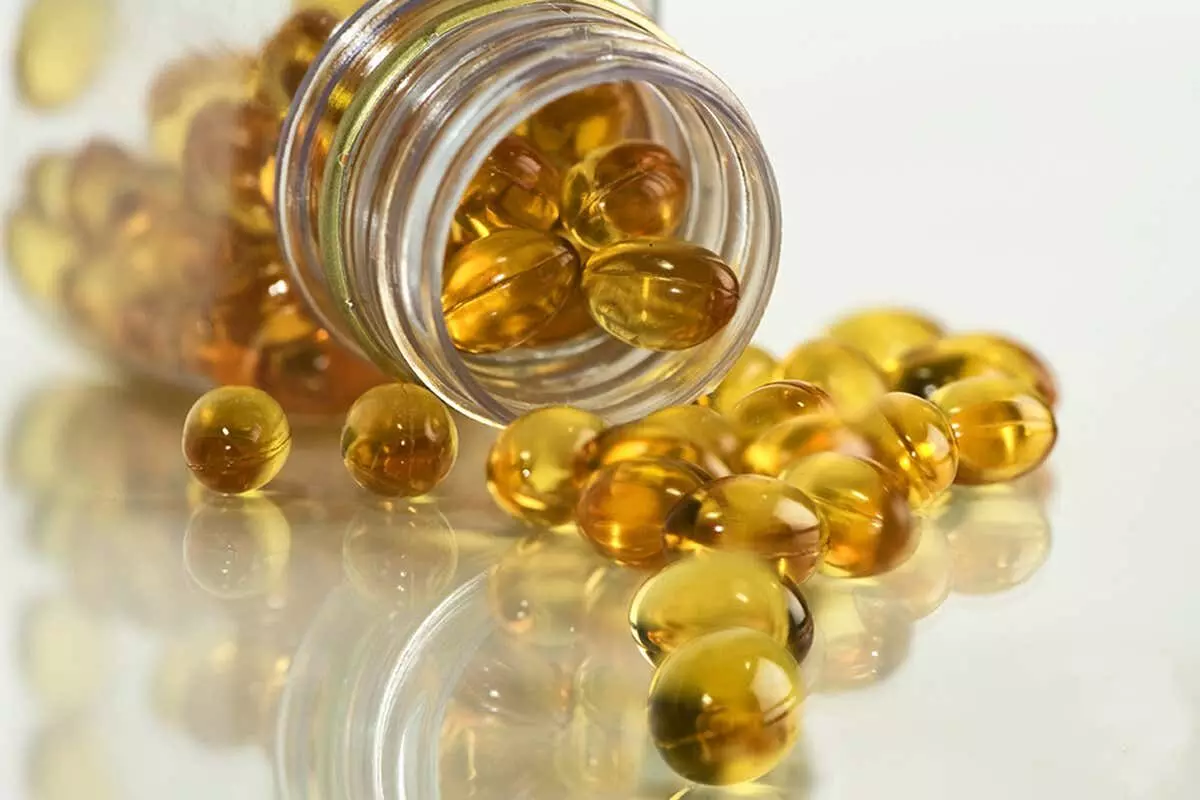
Study finds no link between Vitamin D and COVID recovery
text_fieldsAs per the research conducted by researchers at the University of Sao Paulo's Medical School (FM-USP), prescribing high doses of Vitamin D to moderate or severe Covid 19 patients does not improve their condition. The study published in the Journal of American Medical Association (JAMA) was conducted with the support of FAPESP.
The multicenter, double-blind, randomised, placebo-controlled trial was conducted on 240 hospitalised patients with COVID-19 who were moderate to severely ill at the time of admission within June 2, 2020, to August 27, 2020, in 2 sites in Sao Paulo, Brazil.
All the patients were tested by polymerase chain reaction (PC) to confirm COVID-19 diagnosis. They were also assessed by Enzyme-linked Immunosorbent Assay (ELISA) to detect IgG against severe acute respiratory syndrome coronavirus 2 (SARS-CoV-2) throughout the study. However, patients who had kidney failure, requiring dialysis or creatinine of at least 2.0mg/dL, or had hypercalcemia or were pregnant or lactating were excluded from the study.
"In vitro studies or trials with animals had previously shown that in certain situations vitamin D and its metabolites can have anti-inflammatory and anti-microbial effects, as well as modulating the immune response. We decided to investigate whether a high dose of the substance could have a protective effect in the context of an acute viral infection, reducing either the inflammation or the viral load," Rosa Pereira, principal investigator for the project, told Agência FAPESP.
Patients were assigned to the Vitamin D3 group or the Placebo group in a 1:1 ratio. The vitamin D3 group received a single, oral dose of 200,000 IU of vitamin D3 dissolved in 10mL of a peanut oil solution, while the latter received 10mL of peanut oil solution. However, the patients were treated as per the standard protocol for hospital treatment of the disease, administering antibiotics and anti-inflammatory drugs.
The primary aim was to analyse whether acute supplementation would affect the length of hospital stay. The prespecified secondary aim was to assess mortality, formulated as the number of deaths of patients admitted to the intensive care unit.
However, the result from both groups did not significantly vary as expected. According to Bruno Gualano, a researcher at FM-USP and penultimate author of the article, the finding does not furnish a 'silver bullet' for the treatment of COVID-19. He also added that it "doesn't mean continuous use of Vitamin D can't have beneficial effects of some kinds."






